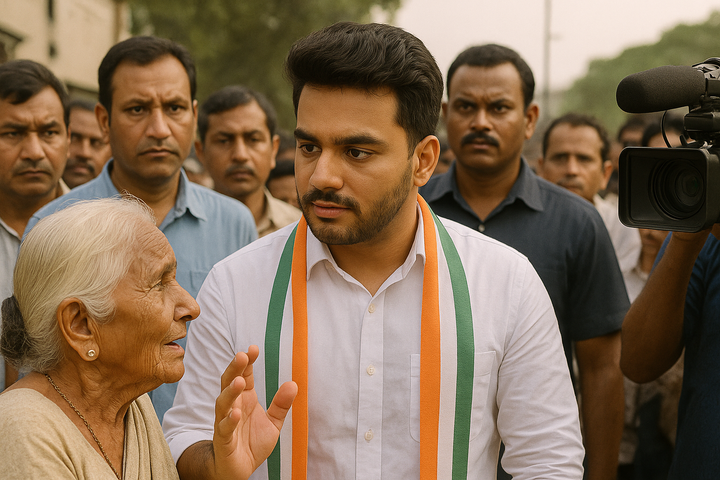The One Law I'd Change: This Would I Choose
If I could change one law, I’d choose to reform alimony laws. They often feel outdated and unfair, placing a lifelong financial burden on one party.

If I could change one law in India, it would be to reform Section 125 of the Code of Criminal Procedure (CrPC) concerning alimony and maintenance. This law, originally intended to protect vulnerable women, has become a subject of misuse and creates unfair burdens, particularly in urban areas.
The Problem with Alimony Laws
Currently, Section 125 allows a woman married for even a single day to leave her husband. She can demand lifelong maintenance without a divorce. Moreover, interim maintenance can drag on for 15-20 years, and estranged wives often demand an equal share of their husband's current income, regardless of how long they have been separated. This situation contrasts sharply with Western legal systems, where laws are more gender-neutral, focus on shared assets, and typically resolve divorce cases within a few years.
The reality is that India is a country of contrasts. The experiences of women in urban India differ vastly from those in rural areas. While women in villages often depend on men, urban women are more empowered. Revoking alimony altogether would harm vulnerable women in rural areas, but the current law unduly punishes men in urban settings.
Towards Fairer Alimony Laws
Therefore, my proposed change would involve several key adjustments:
- Gender-Neutrality: The law should apply equally to both spouses, recognizing that either party might need financial support after a divorce.
- Time Limits on Maintenance: Lifelong maintenance should be replaced with a defined period. This period allows the supported spouse time to become self-sufficient.
- Consideration of Earning Capacity: Maintenance should consider the earning capacity of both spouses, not just the husband's current income.
- Focus on Shared Assets: Alimony should primarily address the division of assets acquired during the marriage.
- Prevent Misuse: Stricter criteria should be established to prevent misuse of the law for blackmail or undue financial gain.
Why This Change Matters
Amending Section 125 is crucial for several reasons. It would promote gender equality by ensuring that both spouses are treated fairly under the law. It would also reduce the burden on the legal system by preventing protracted and acrimonious maintenance disputes. Most importantly, it would foster a more just and equitable society. Individuals are encouraged to be responsible for their own lives. At the same time, a safety net is provided for those who genuinely need it.
Moreover, changes are needed in other areas of Indian law. Some suggest removing caste and religion-related laws from education to make education free through the 12th grade. Others advocate for reforms in criminal procedures. These include mandating quicker trial completion. They also suggest penalizing police officers who refuse to file FIRs.
There are also calls to legalize and regulate marijuana and prostitution. Finally, some believe the sedition law needs to be eliminated, and the ability to modify cars should be legal. Reforming Section 125 would have the most immediate impact. It would positively influence individuals and families navigating divorce complexities in India.



Comments ()